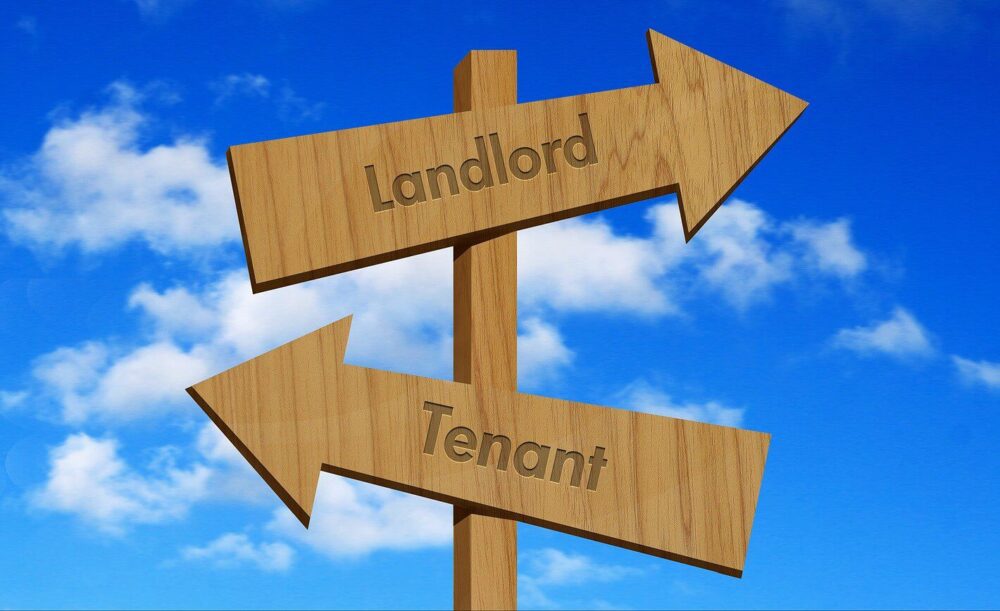Becoming a landlord can be a fairly easy source of income, but you shouldn’t underestimate the challenges that are often associated with the gig. As the landlord, you’ll be responsible for your property and its tenants, and everything that comes along with it. Like taking on any new venture, you’ll want to weigh your decisions carefully by evaluating the benefits, and the potential disadvantages, of taking on your new role.

While it might seem like a lot of responsibility, keep in mind that there are many resources at your disposal that can make being a landlord much easier, like SmartMove landlord credit checks and verified lists of maintenance vendors you’ll be able to rely on.
To make your decision easier we’ve laid the top pros and cons of becoming a landlord.
Pros
If you have a property that you don’t use as your primary residence, whether it be a house, apartment, or condos, you may be considering renting it out to tenants. Some of the biggest benefits of becoming a landlord include:
Additional Income
Typically, the boost in income is the main reason individuals decide to rent out their property. This extra income can be used to help pay off your mortgage, or whatever you want. Renting out your property might give you the financial freedom to establish a travel fund that would be much harder to afford with just your regular 9-to-5, or even a retirement savings that can pay off in the long run.

Minimal Time-Commitment
In most cases, being a landlord is just a side gig. This gives you plenty of time to work a regular full-time job to provide your primary source of income. However, the demands of certain properties and their tenants can vary.
If the demands are too much for your liking, you can hire someone like NPS Management services to help you with some of your obligations. If you own multiple properties, this is probably a wise choice if you can afford the expense.
Tax Benefits
One of the less obvious benefits of becoming a landlord is the reduction on your tax bill. By renting out your property, you might be able to cash in on several deductions come next tax season, including those related to:
- Insurance premiums (Homeowners’ insurance, casualty insurance, etc.)
- Interest paid (How much you’ve paid on your mortgage and other relevant loans)
- Repairs and maintenance (Landscaping, pest control, painting, etc.)
- Depreciation of the property (this doesn’t include the value of the actual land)
In addition to federal tax deductions, make sure to check on your state’s tax laws to see what kind of deductions you might qualify for on your state-level return.
Cons
Like we said, being a landlord isn’t all sunshine and rainbows. In fact, there are some pretty significant risks involved, such as:
Financial Investment
You have to make the initial investment in order to have property, you can rent out. Additionally, you’ll be required to upkeep maintenance, repairs, and renovations out of your own pocket. However, the tax incentives may make these investments worthwhile in the long run. We highly recommend putting money aside in a repairs fund to help with these costs over time.
Dealing with Difficult Tenants
It just takes one difficult individual to make being a landlord more of a headache than it’s worth. If you have someone who is causing severe damage to your property, creating tension with other tenants, or simply won’t leave you alone, your job is made infinitely harder.

